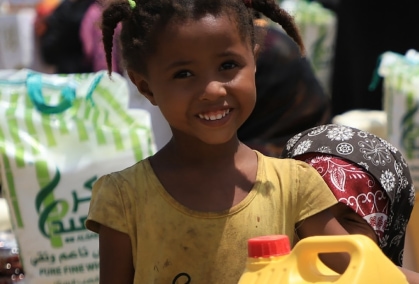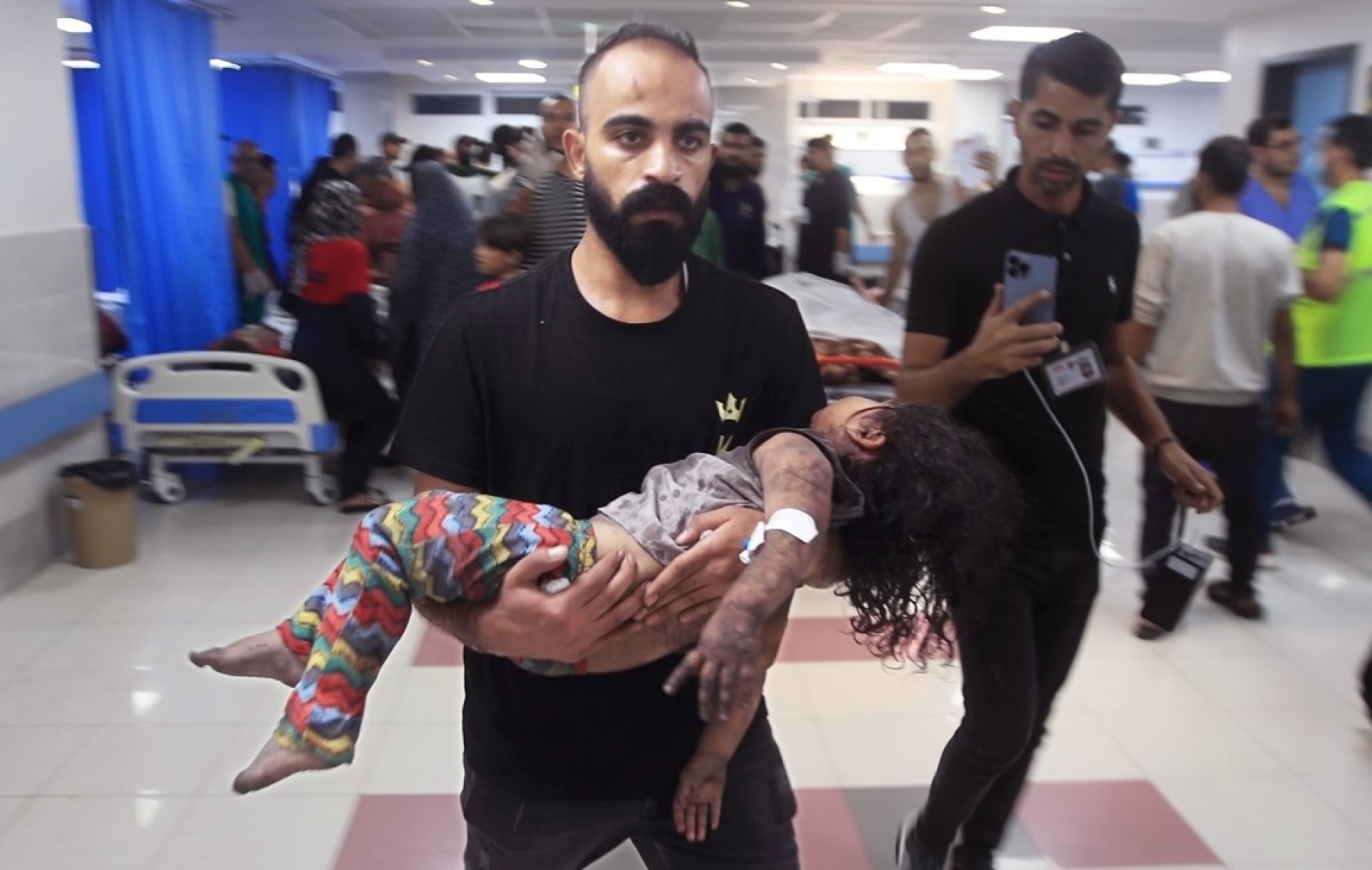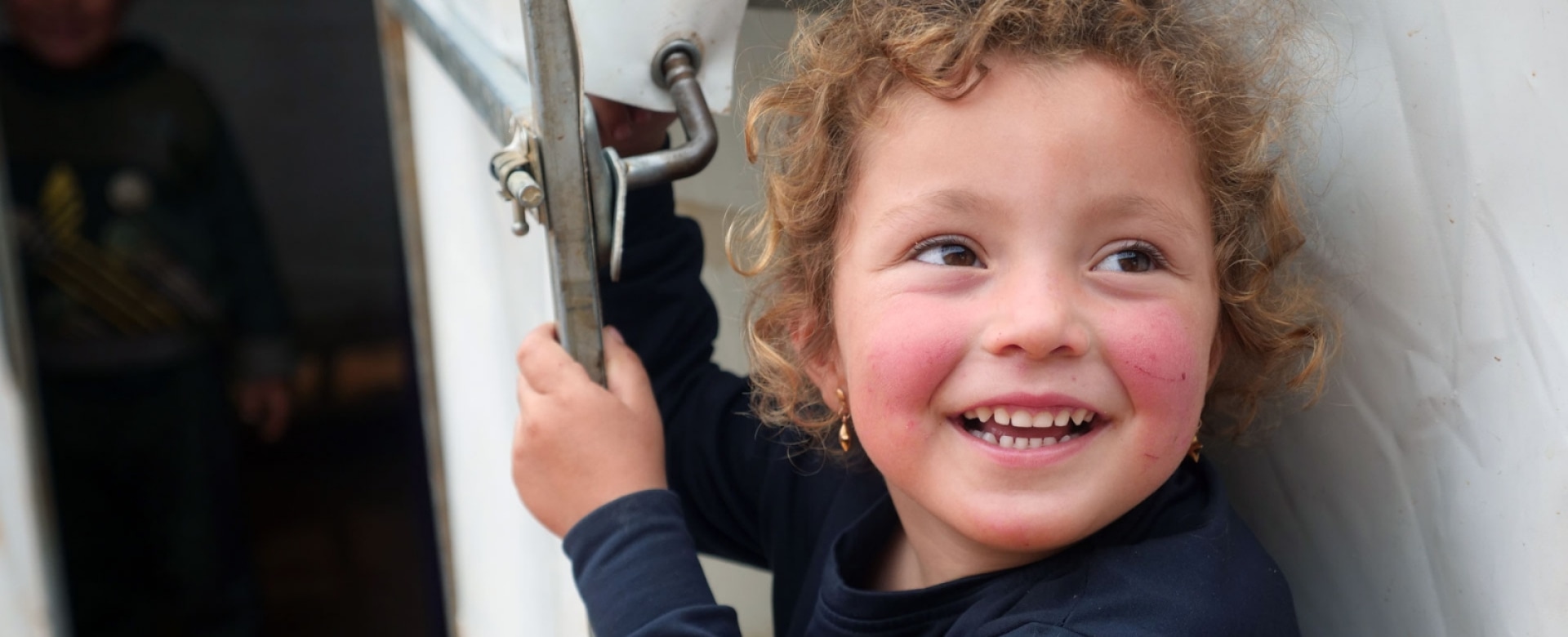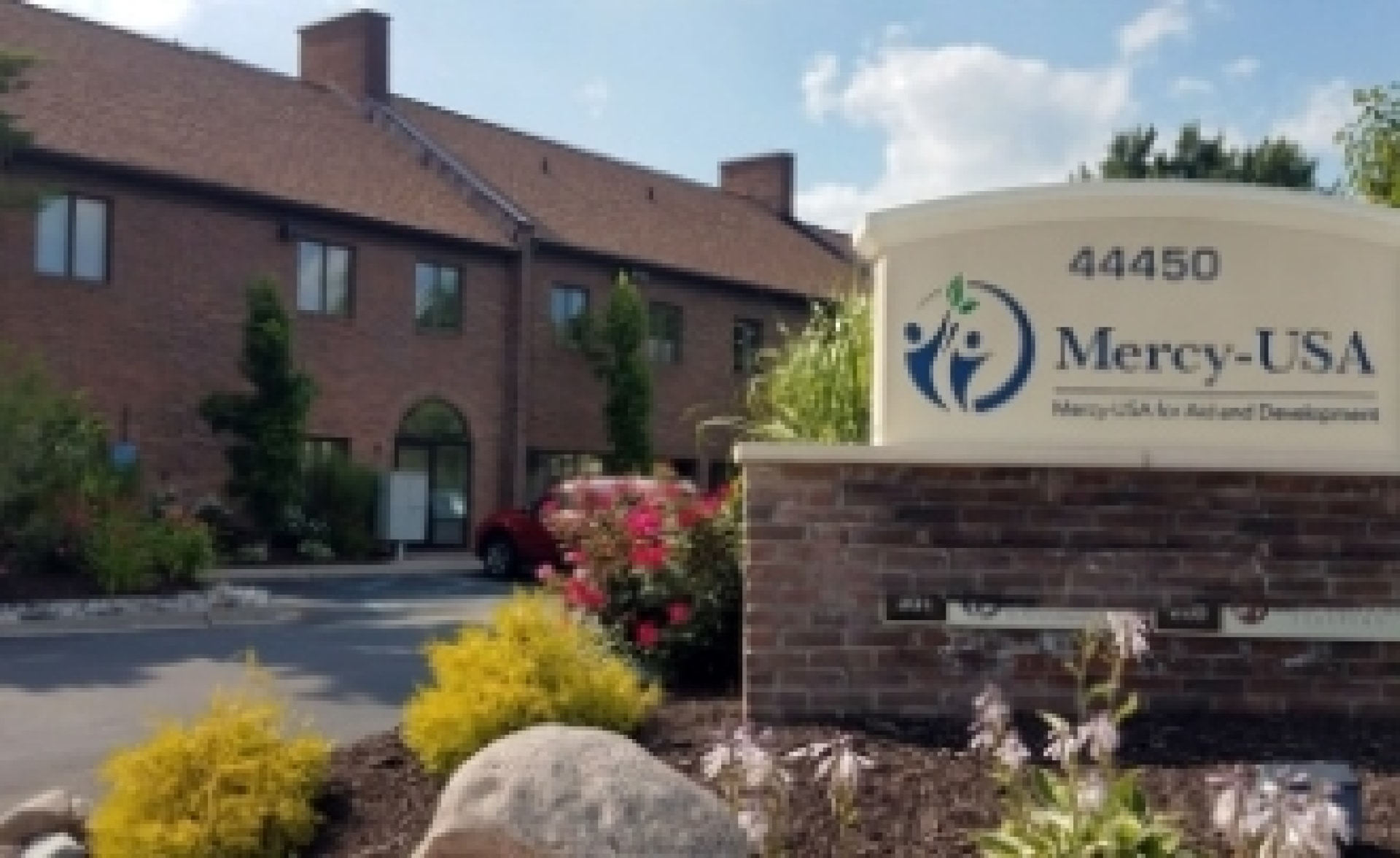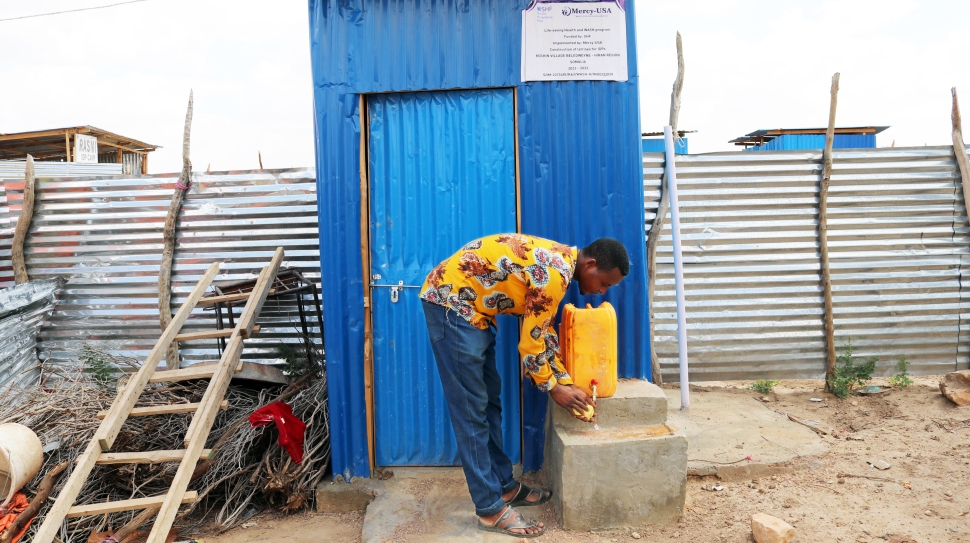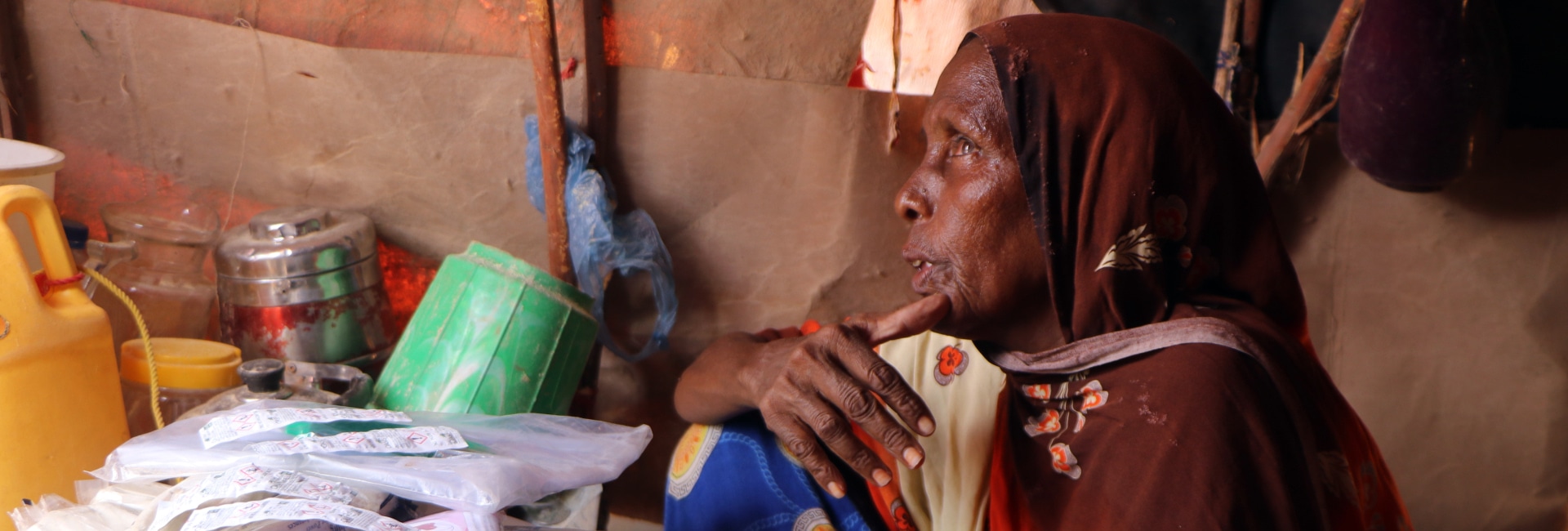
Water, Sanitation, and Hygiene Solutions
According to UNICEF in October, 2022, “There have been four failed rainy seasons; the forecast for the fifth is looking pretty grim... Things are bad and every sign indicates that they are going to get worse.”
Mercy-USA has been providing safe water through pipeline extensions to the camps
According to UNICEF in October, 2022, “There have been four failed rainy seasons; the forecast for the fifth is looking pretty grim... Things are bad and every sign indicates that they are going to get worse.” Two years of drought, considered the worst in 40 years, is killing the weakest and youngest in Somalia. Lack of clean, safe drinking water is a huge contributor to the movement of Somali families into crowded and unsanitary camps for internally displaced people.
Families will stay on their land if it’s possible to survive but if there’s no longer a safe source of clean water for their children or even their livestock, they must leave in search of support and water.
Mothers may do their best to boil what water they can find, but their children are still falling sick with diarrhea that causes severe malnutrition and more often, death. Now, cholera has been reported in parts of the country.
Climate change, distant wars that created grain and oil shortages and internal political instability have created a perfect storm of suffering that isn’t expected to change soon.
Mercy-USA has been working hard to mitigate the dire water, sanitation and hygiene situation in drought affected regions of Somalia, particularly in informal camps for internally displaced people where conditions are causing illness and misery.
As part of the emergency WASH response, together with the I-WASH consortium partners, Mercy-USA has been providing safe water through pipeline extensions to the camps, improving sanitation facilities with the construction of latrines and tap stands, distributing hygiene kits and supplies and creating awareness of good hygiene practices in these informal communities.
This work is possible with the generous support from the United Nations Office for the Coordination of Humanitarian Affairs, in close partnerships with Somali Humanitarian Fund, Office of European Humanitarian Aid and in close collaboration with Polish Humanitarian Action and Humanity Inclusion.
Success Story
Halima Bundid Omar is a 37-year-old mother of eleven children who lives in the Kunaso camp for internally displaced people. She and her family had to flee their village a year previous after Halima’s husband passed away, leaving her as the sole provider for her family. Upon arrival at the IDP camp, they struggled to find clean drinking water. Halima had to walk approximately 3.5 miles every day to fetch water from distant villages, often coming back with barely a gallon.
However, Halima’s situation improved significantly when Mercy-USA provided tap stands that gave them access to clean water. “We were able to overcome many challenges,” she said. “When Mercy-USA gave us clean water through tap stands inside our IDP camp, this project has not only covered our need for water but also improved our health because none of my kids have fallen ill since we have access to clean water and don’t need to consume contaminated water.” Thanks to this project, Halima’s children are now attending school and she has time to look for work.

